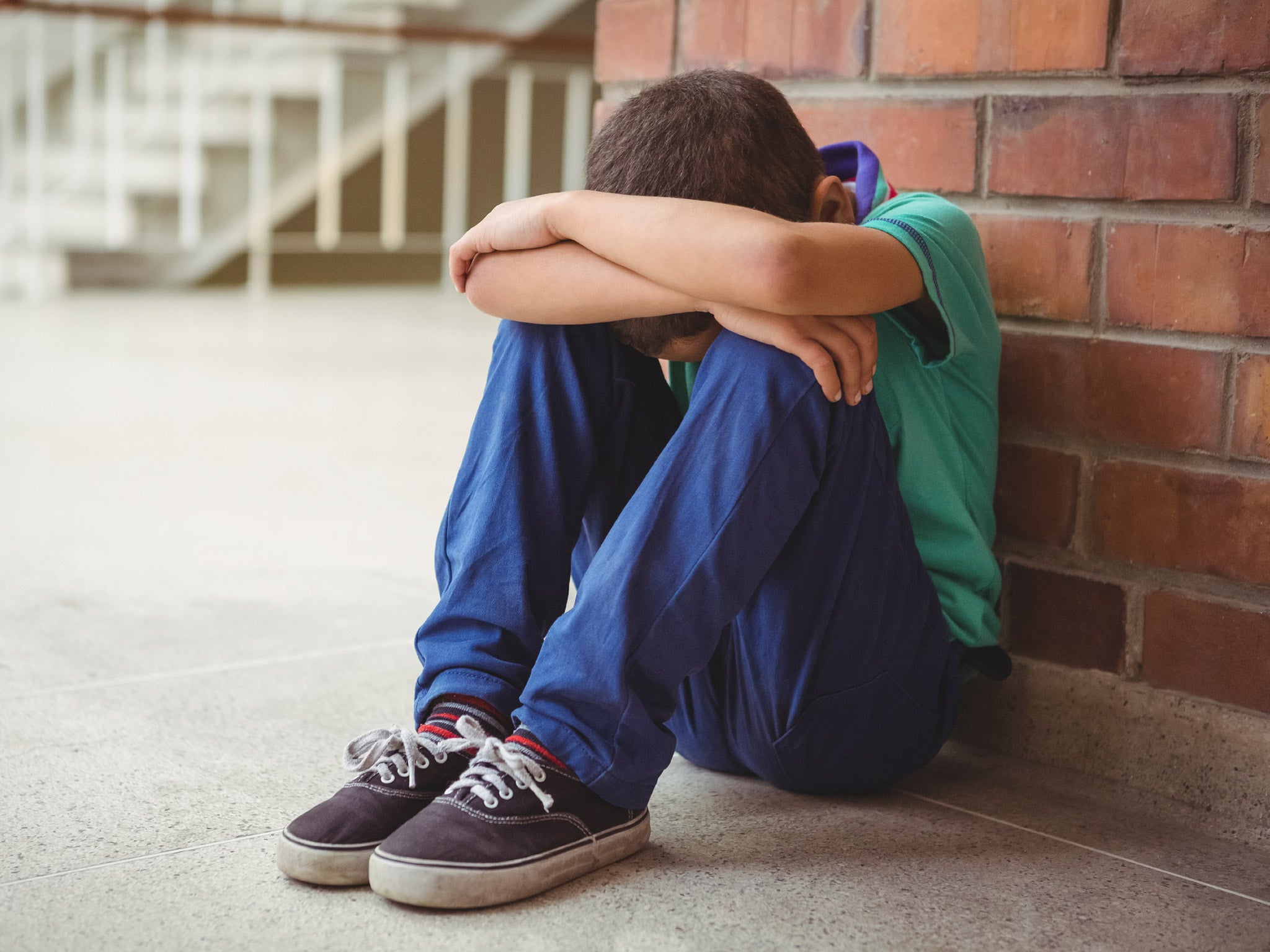Children given antidepressants are twice as likely to become suicidal, claims new study
Researchers looked at clinical trial reports and the raw data relating to more than 18,500 patients

Your support helps us to tell the story
From reproductive rights to climate change to Big Tech, The Independent is on the ground when the story is developing. Whether it's investigating the financials of Elon Musk's pro-Trump PAC or producing our latest documentary, 'The A Word', which shines a light on the American women fighting for reproductive rights, we know how important it is to parse out the facts from the messaging.
At such a critical moment in US history, we need reporters on the ground. Your donation allows us to keep sending journalists to speak to both sides of the story.
The Independent is trusted by Americans across the entire political spectrum. And unlike many other quality news outlets, we choose not to lock Americans out of our reporting and analysis with paywalls. We believe quality journalism should be available to everyone, paid for by those who can afford it.
Your support makes all the difference.Children and adolescents are twice as likely to exhibit suicidal or aggressive behaviour if they take commonly prescribed antidepressants, according to a new study.
Researchers also found that reports on clinical trials by drug companies frequently downplayed the most serious side-effects, which they only discovered by looking at the raw patient data.
More than half of the suicide attempts and episodes of suicidal thoughts were described as the “worsening of depression” or “emotional lability” - a term which usually refers to bouts of uncontrollable crying or laughing - by the pharmaceutical company.
Tarang Sharma, the lead author of a paper published in the British Medical Journal,said the researchers had looked at clinical trial reports and the raw data relating to more than 18,500 patients.
They did not find evidence of increased cases of suicidal or aggressive behaviour among adults, but the risk of both was at least double for those under the age of 18.
“We suggest minimal use of antidepressants in children, adolescents, and young adults, as the serious harms seem to be greater, and as their effect seems to be below what is clinically relevant,” the BMJ paper said, suggesting exercise or psychotherapy could be used as alternatives.
None of the children in the studies killed themselves, Ms Sharma said, but she added that they were all heavily monitored at the time as they were taking part in clinical trials.
The study looked at selective serotonin reuptake inhibitors (SSRIs) and serotonin-norepinephrine reuptake inhibitors (SNRIs), which are the most commonly prescribed drugs for depression.
Ms Sharma was surprised by the extent to which serious side-effects were downplayed by the companies.
“It’s been actually quite shocking to me to see this kind of stuff. What they are doing is wrong. They give a very inaccurate picture of what the true harms [side-effects] are,” she said.
“You cannot really trust them that much because they are really often exaggerating the benefits and the harms are minimised. I was quite disturbed actually. It did not expect it to be that bad.”
Sixteen adults died and the paper said the circumstances of four were misreported by the company concerned “in all cases favouring the active drug”.
“A patient receiving venlafaxine attempted suicide by strangulation without forewarning and died five days later in hospital,” the paper said. “Although the suicide attempt occurred on day 21 out of the 56 days of randomised treatment, the death was called a post-study event as it occurred in hospital and treatment had been discontinued because of the suicide attempt.”
Ms Sharma, a PhD student at Copenhagen University and a former pharmaceutical company employee, said regulators did not always ask for the raw data and urged them to make this routine.
Join our commenting forum
Join thought-provoking conversations, follow other Independent readers and see their replies
Comments